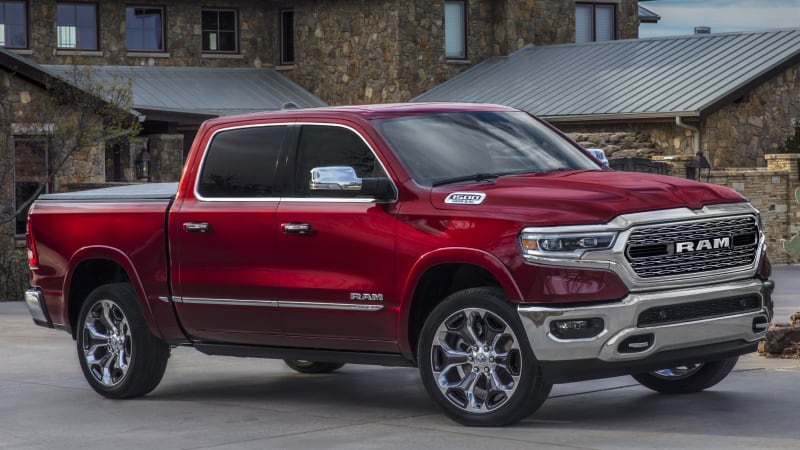Ram recalls over 131,000 eTorque 1500 trucks over stalling issue

Ram has issued a recall that applies to over 131,000 units of the 1500 pickup truck made during the 2021 model year and equipped with the V8-electric eTorque mild-hybrid powertrain. The trucks included in the campaign could stall due to a software-related problem that sounds simple to fix.
Assigned recall number 23V-265 by the National Highway Traffic Safety Administration (NHTSA), the recall includes 131,700 examples of the 1500 built from June 3, 2020, to September 12, 2021. This period includes the entire production run for the 2021 model year, and Ram estimates that the defect is present in 100% of the affected trucks, but only models powered by the 5.7-liter Hemi V8 eTorque are concerned.
The company notes that the eight-cylinder engine “may experience an engine shut-down caused by an over-rich fuel condition under certain operating conditions,” though it hasn’t specified when the problem might occur. Put another way: the truck can unexpectedly stall, which increases the risk of an accident. Ram is aware of one accident linked to the problem, though it adds that no one was injured. It also received 636 warranty claims, 206 customer records, and 53 field reports that are potentially related to the issue between 2020 and 2023.
Ram engineers began looking into the problem in January 2023, and they concluded that the powertrain control module software is to blame. Luckily, the problem is fairly easy to remedy. Owners of affected trucks will need to visit an authorized dealership so that a technician can update the powertrain control module calibration software. Ram will begin reaching out to motorists and dealers on June 2, 2023.
The company adds that owners of affected 1500 trucks who have already paid to get the problem fixed will be able to get a refund. They’ll need to send the service invoice or “other adequate proof of payment” in order to get their money back, which is another excellent reason to save your service records after a shop performs repairs or maintenance on your car.



